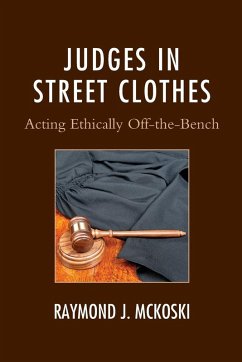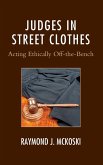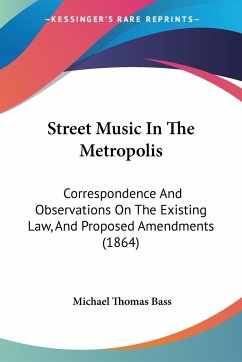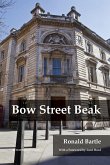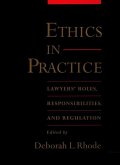To maintain public confidence in the judiciary, judges are governed by the strictest of ethical codes. Codes of conduct not only circumscribe a judge's official conduct but also restrict every aspect of a judge's off-bench life. Judges in Street Clothes: Acting Ethically Off-the-Bench provides an in-depth analysis of the rules limiting the charitable, educational, religious, fraternal, civic, and law-related extrajudicial activities of state and federal judges. This comprehensive, heavily footnoted resource examines: (1) the historical development of the American Bar Association's four model judicial codes with an emphasis on the rules regulating the charitable, educational, religious, fraternal, civic, and law-related activities of judges; (2) the State's interests in restricting the extrajudicial activities of judges; (3) the strengths and weaknesses of rules governing a judge's off-bench activities; (4) how state and federal courts, judicial disciplinary commissions, and judicial ethics advisory committees have interpreted judicial conduct rules; (5) best practices for judges; and (6) the constitutionality of the restrictions on a judge's charitable, educational, religious, fraternal, civic, and law-related undertakings. From both a theoretical and practical standpoint, this book addresses the ethical implications of the everyday activities of judges. How far may a judge go in expressing personal opinions about social and legal issues? What are the limits on a judge's use of social media? Is it permissible for a judge to receive an award from a victim advocacy group? Do the rules permit a judge to speak at a church or bar association's fund-raising dinner? May judges teach prosecutors and law enforcement officials how to improve their job performance? May a judge appear in an informational video for the judge's alma mater? Former judge Raymond J. McKoski discusses these and a host of other everyday situations judges face in their attempts to remain involved community members while promoting public confidence in the independence, integrity, and impartiality of the judiciary.
Hinweis: Dieser Artikel kann nur an eine deutsche Lieferadresse ausgeliefert werden.
Hinweis: Dieser Artikel kann nur an eine deutsche Lieferadresse ausgeliefert werden.

